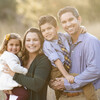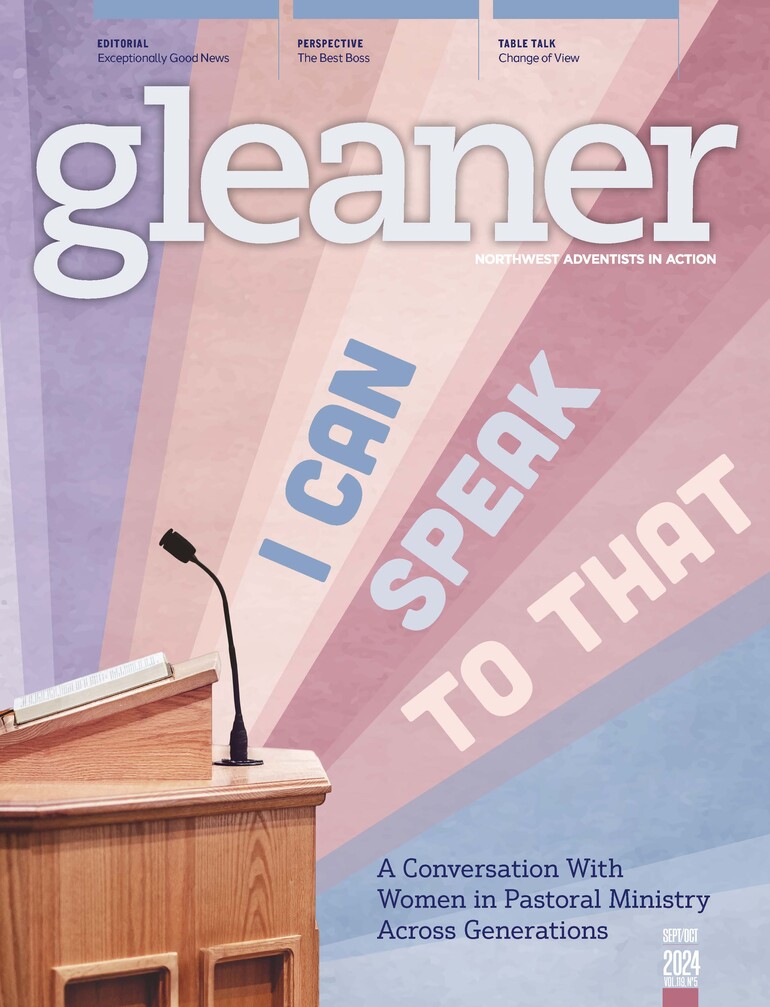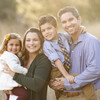Did you know that smoking was once acceptable on airplanes? It wasn’t until the 1980s that health advocates convinced Congress to make legislation to ban in-flight smoking.
If someone tried to smoke on a plane now, they would be fined and chastised by flight attendants and passengers alike. It wasn’t always this way. In 1971, United Airlines was the first company to make a nonsmoking section.1
On planes, trains and automobiles, smoking was common everywhere. I remember growing up in the 1990s and experiencing secondhand smoke frequently in restaurants.
Today in the Pacific Northwest, there is no smoking permitted in all indoor workspaces. Alaska was the most recent state to pass such legislation in 2018.2 As of 2024, 28 states have a total indoor smoking ban.3
I am thankful for the laws that have enabled these protections for our collective health and well-being. Smoking on a plane was once ubiquitous, but now it is unthinkable. It got me thinking, what else in our society and church is like that?
This Gleaner issue is focused on women in pastoral ministry. I am thankful for that. I am thankful that the Adventist Church is especially set up to lead the way in honoring God’s call in the lives of women.
Our foremost pioneer was Ellen White. She was named by Smithsonian Magazine among the 100 Most Significant Americans of All Time.4
According to the Ellen G. White Estate, “She is the most translated woman writer in the entire history of literature, and the most translated American author of either gender.”5 Now don’t miss this: Ellen White, the primary founder of the Adventist Church, was — drum roll please — a lady!
At the time of her death in 1915, women still did not have the right to vote in America. That would not come until five years later.
Some years ago, I remember being approached by a member of my congregation. He wanted to talk about one of my sermons. He thought I was being too “political.”
During that conversation, he asked me, “Do you know where this country went wrong?” I said, “I am not sure.” He looked me in the eyes and said with all seriousness, “It’s when we gave women the right to vote!”
While I disagreed with him, it was obvious to me this wasn’t the kind of conversation where either of us would change our mind.
In 1920, white women were given the right to vote thanks to the 19th Amendment. That did not come for Black women until 45 years later, when the Voting Rights Act passed in 1965. This finally gave all women the right to vote.
The thought of going back to a time when only white men could vote is shameful. Is it possible that we will look back at anything else with similar embarrassment?
In 2015, secular headlines across the country declared, “Seventh-day Adventists vote against female ordination.”6
I had just come back from seminary at the time of the vote. I thought of my female colleagues. All of them had stories about how God called them to pastoral ministry. All of them had stories of discrimination based on gender, yet they went forward hoping that their calling would be legitimized by the denomination they loved.
I was hopeful in 2015 that progress would be made. I went to that General Conference in San Antonio hoping to see history made.
I was optimistic that Fundamental Belief 14, about equality for all, would find fulfillment in recognizing that both men and women can be called to pastoral ministry.
Instead, the church voted to continue a gender-based distinction in the role of pastoral ministry. Women can be commissioned, but not ordained. This often means not having the same pastoral rights to go along with the role.
There are privileges that come with ordination. Ordination and commissioning services look the same. The same prayers are said, but there are some important differences to recognize.
For example, commissioned pastors are ineligible to become presidents of conferences, unions, divisions or the General Conference.
In most conferences, a commissioned pastor is excluded from organizing a church or ordaining local elders and deacons. Additionally, the commissioned pastor must seek authorization from the conference to perform weddings and baptisms outside the district. Furthermore, an ordained pastor carries the privilege of global ministry access while a commissioned pastor's rights are limited to the conference that hired them.
All this sends the message to those who have been commissioned that their status is less valuable in the eyes of the hierarchy of the church.
Both men and women go to seminary with the expectation that they will be given an equal opportunity in their career trajectory as pastors. However, the way the system is currently set up is clearly biased towards men.
Ordination acts like a magical key that unlocks the top levels of leadership and opportunities globally within the church. Ordination gives the religious terminology and moral authority to sanctify discrimination.
Words matter. This is why we keep sharing the stories of women in pastoral ministry. Imagine if at the General Conference session in 2015, the church would have recognized that God's calling to pastoral ministry lands on all pastors — both men and women. Imagine if instead of judging the fitness for pastoral ministry based on outward appearance, we had made that decision based on heart and character.
Now, almost a decade later, I am still hopeful that there will come a time when all churches choose pastors based on their qualifications and calling as opposed to their gender.
I hope we will look back on this time of discrimination the way we look back at the time before women were given the right to vote. I hope there will come a time when the thought of not ordaining someone because of their gender will be like smoking on a plane — an unimaginable idea.
Sources:
- Allan M. Brandt, The Cigarette Century: The Rise, Fall and Deadly Persistence of the Product that Defined America (New York: Basic Books, 2007), 303–304.
- “Alaska’s Smokefree Workplace Law,” Alaska Department of Health, accessed July 23, 2024, health.alaska.gov/dph/Chronic/Pages/Tobacco/SmokefreeWorkplace/FAQ.aspx.
- “State System Smokefree Indoor Air Fact Sheet,” Centers for Disease Control and Prevention, accessed July 23, 2024, cdc.gov/statesystem/factsheets/sfia/SmokeFreeIndoorAir.html.
- “Ellen G. White Named 100 Most Significant Americans of All Time,” Loma Linda University Del E. Webb Memorial Library, accessed July 23, 2024, library.llu.edu/about/library-news/ellen-g-white-named-100-most-significant-americans-of-all-time.
- “Ellen G. White — A Brief Biography,” Ellen G. White Estate, accessed July 23, 2024, whiteestate.org/about/egwbio/#faq797ba558-8707-4946-8906-27e67df7252a.
- M. Boorstein, “Seventh-Day Adventist Vote Against Female Ordination,” The Washington Post, accessed July 23, 2024, washingtonpost.com/local/social-issues/seventh-day-adventists-vote-against-female-ordination/2015/07/08/42920f7e-25c8-11e5-b77f-eb13a215f593_story.html.









